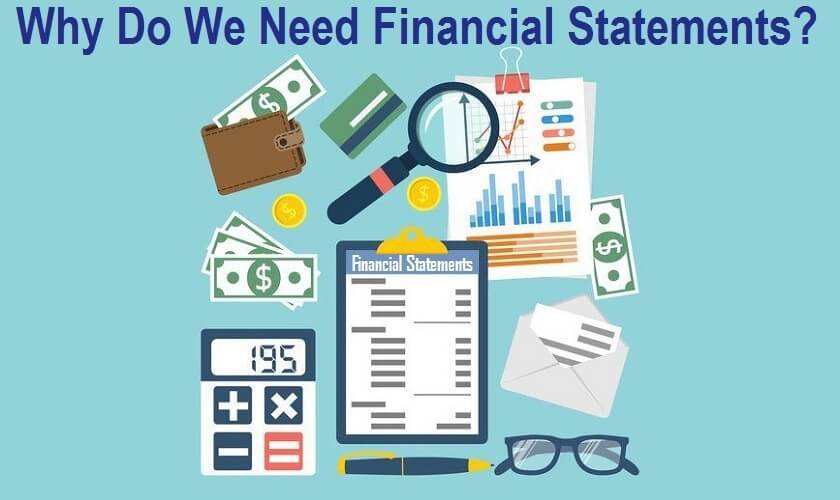How to Sell a Business with Intellectual Property

There’s an unspoken mantra echoing through the entrepreneurial world: the value of a business often lies more in its intangible assets than the tangible. In today’s knowledge-driven economy, the veracity of this statement is clearly evident. The intellectual property (IP) of a business, including patents, trademarks, copyrights, and trade secrets, can potentially surpass the worth of its physical assets. If you’re contemplating selling a business with Intellectual Property, knowing how to navigate this complex landscape can substantially increase the value of your enterprise.
Deciphering the Value of Intellectual Property
The first step in selling a business with IP is accurately identifying and valuing these assets. This can be a complex task as the worth of intellectual property isn’t always apparent or straightforward.
When undertaking this task, it’s essential to analyze how the IP contributes to your business’s market position, growth potential, competitive advantage, and revenue generation. A detailed IP audit, which is essentially an inventory and assessment of your IP assets, can provide an objective evaluation of your business’s IP value.
For instance, if your business holds a patent on a groundbreaking technology, this could significantly enhance its value. Similarly, a reputable brand trademark can act as a strong magnet attracting customers and creating loyal relationships. Therefore, a thorough understanding of your IP’s worth provides a sound foundation for negotiating a profitable business sale.
Preparing Your Business for Sale
In the world of mergers and acquisitions, due diligence is king. Prospective buyers will delve into every aspect of your business – including your IP. Therefore, ensuring that your IP rights are legally protected and properly maintained can make your business more attractive to potential buyers.
If you hold patents, make sure they’re enforceable and have been maintained with regular fee payments. Trademarks should be registered and defended against any infringements. Copyrights should be appropriately recorded, and trade secrets must be well-guarded with proper confidentiality measures in place.
A well-documented IP portfolio shows that you take your intellectual property seriously and can provide a buyer with confidence in their investment. This step can go a long way toward ensuring a smooth and successful business sale.
Pitching Your Intellectual Property to Buyers
Knowing how to present your IP to potential buyers can significantly influence their perception of your business’s worth. Your IP portfolio is not just a list of assets; it’s a narrative of your business’s innovative capacity, strategic positioning, and growth potential.
In this narrative, your patents represent your business’s innovative strength. Your trademarks symbolize your brand’s reputation and customer loyalty. Your copyrights display your creative expertise, and your trade secrets embody your unique competitive advantage.
Painting a compelling picture of your IP assets can captivate potential buyers and demonstrate the added value they’re gaining from acquiring your business.
Negotiating the Sale: The Devil is in the Details
Negotiating the sale of a business is an art. When intellectual property is part of the equation, it becomes even more intricate. Several factors come into play, such as the exclusivity of the IP rights transfer, geographical restrictions, time limitations, and potential licensing agreements.
Engaging with experienced business brokers, IP attorneys, and valuation experts can be highly beneficial during these negotiations. They can guide you in structuring the deal in a way that maximizes the value of your IP and satisfies the buyer’s objectives.
Closing Thoughts: The Power of Intellectual Property in Business Sales
In conclusion, intellectual property can significantly influence the value of a business in today’s innovation-driven market. By appropriately identifying, valating, protecting, and presenting your IP, you can unlock its true worth and attract buyers willing to pay a premium for your business.
Remember, the sale of a business with intellectual property isn’t merely a transaction; it’s a transfer of innovative potential and a unique identity carved out in a competitive marketplace. It’s a story of past achievements, present capabilities, and future opportunities. This perspective not only enhances the appeal of your business to potential buyers but also substantiates the premium value of your intellectual property.
When negotiating the sale, ensure the terms reflect the value of your IP assets accurately. Involve experts who understand the intricacies of IP valuation and legal implications to guide you through the process. The complexity of selling a business with IP may seem daunting initially, but with careful planning and strategic execution, you can reap the rewards of your intellectual creativity and business acumen.
In the final analysis, your intellectual property is a testament to your business’s ingenuity and foresight. It’s a significant part of your entrepreneurial legacy. So when it’s time to sell, do justice to your efforts, your vision, and your enterprise. Selling a business with intellectual property is not just about getting a fair price – it’s about recognizing the power of ideas, creativity, and innovation as the ultimate drivers of business value.
Remember, when you sell a business with intellectual property, you’re not just selling assets; you’re selling a vibrant ecosystem of ideas and innovation. The value of your business, therefore, lies not just in what it has achieved, but in what it is capable of achieving in the right hands. Your buyer isn’t just purchasing a business; they’re investing in potential and buying a piece of the future.
In the world of business, where innovation reigns supreme, intellectual property is a powerful currency. Treat it with the respect it deserves, and it will reward you in kind. Good luck on your journey to sell your business with intellectual property, and may the fruits of your intellect yield rich dividends.






Responses